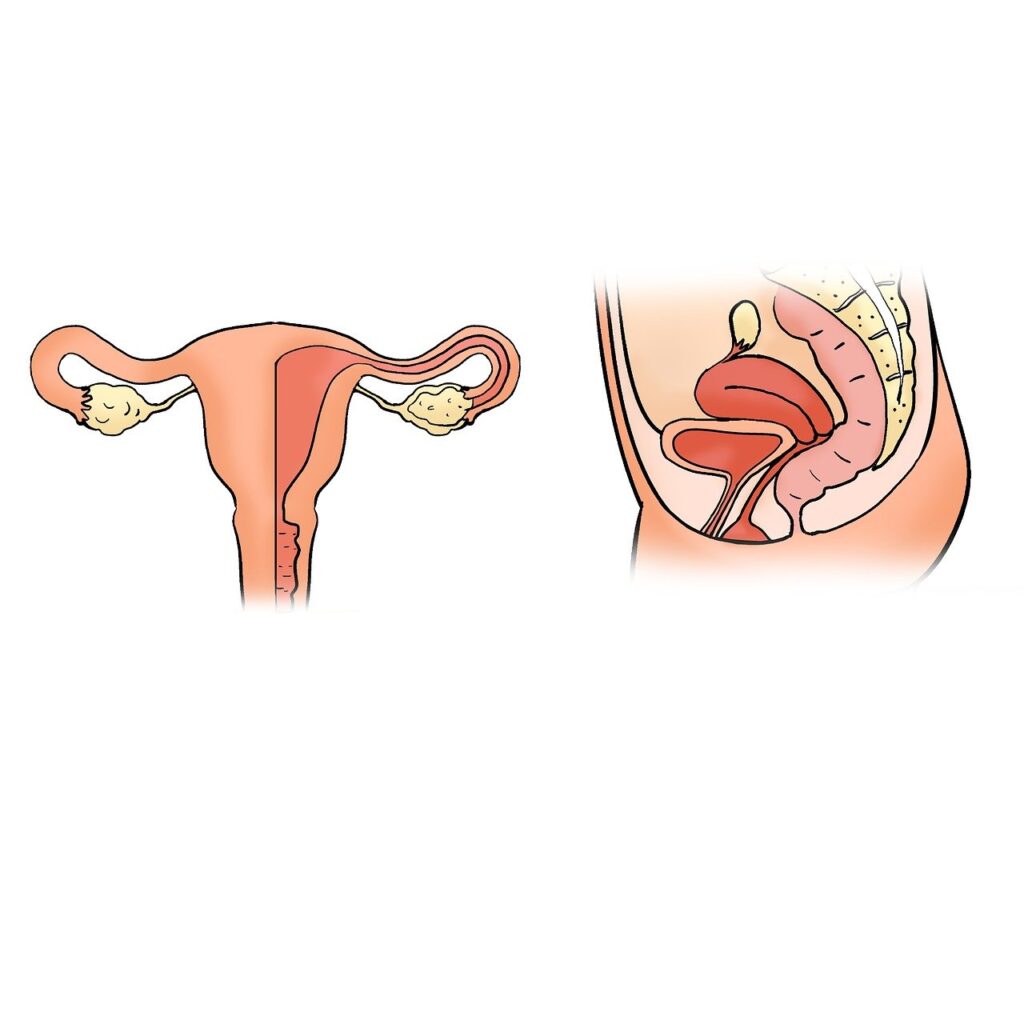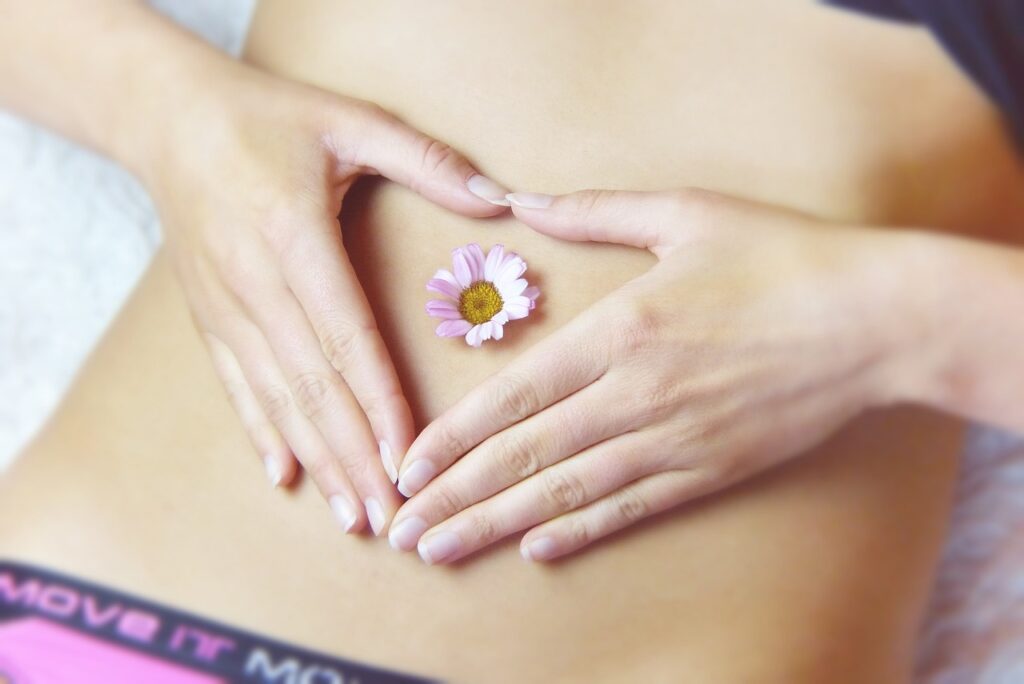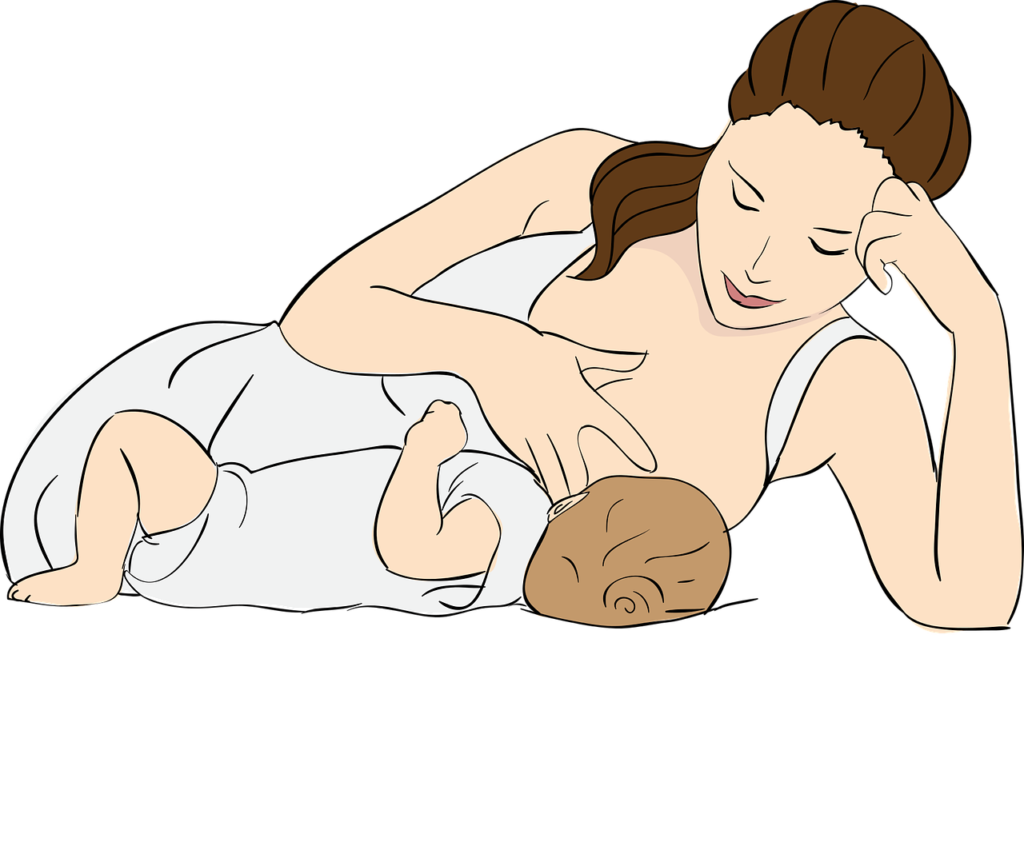Introduction
The period following delivery is a critical time for new mothers as they recover from childbirth and adjust to caring for a newborn. Proper self-care and understanding how to navigate the postpartum period can significantly impact a mother’s recovery and overall well-being. Here are essential tips for a smooth post-delivery experience.
Table of Contents
Physical Recovery
1. Rest and Recover:
– Importance: Adequate rest is vital for physical recovery and energy restoration.
– Tip: Sleep when the baby sleeps and accept help from family and friends to allow for more rest.
2. Manage Pain:
– Importance: Postpartum pain is common, especially if you had a cesarean section or episiotomy.
– Tip: Use prescribed pain relief as directed and apply ice packs to reduce swelling. Warm sitz baths can also aid comfort.
3. Monitor Vaginal Discharge:
– Importance: Postpartum discharge (lochia) is normal but should be monitored.
– Tip: Use sanitary pads and track the amount and color of discharge. Seek medical advice if it becomes excessively heavy or has a foul odor.
4. Care for Your Incision:
– Importance: Proper care of any surgical incisions is crucial to avoid infection.
– Tip: Keep the area clean and dry. Follow your doctor’s instructions for wound care and watch for signs of infection.


Emotional Well-being
1. Expect Mood Swings:
– Importance: Hormonal changes can lead to mood swings or postpartum blues.
– Tip: Talk about your feelings with loved ones and seek support if you feel persistently sad or overwhelmed.
2. Seek Support:
– Importance: Emotional support is essential during the postpartum period.
– Tip: Connect with other new mothers, join support groups, or speak with a mental health professional if needed.

Nutrition and Hydration
1. Eat a Balanced Diet:
– Importance: Proper nutrition helps with recovery and energy levels.
– Tip: Focus on a diet rich in fruits, vegetables, lean proteins, and whole grains. Include foods that aid lactation if you are breastfeeding.
2. Stay Hydrated:
– Importance: Hydration is key for overall health and milk production if breastfeeding.
– Tip: Drink plenty of water throughout the day. Keep a water bottle handy to remind yourself to drink regularly.


Exercise and Physical Activity
1. Start Gentle Exercise:
– Importance: Light exercise helps with physical recovery and boosts mood.
– Tip: Begin with gentle activities like walking or postpartum exercises once cleared by your healthcare provider.
2. Listen to Your Body:
– Importance: Avoid overexertion to prevent injury.
– Tip: Gradually increase physical activity and stop if you experience pain or discomfort.
Breastfeeding and Baby Care
1. Learn Breastfeeding Techniques:
– Importance: Proper breastfeeding techniques are crucial for both mother and baby.
– Tip: Consult with a lactation specialist if you face difficulties. Use comfortable positions and ensure the baby latches correctly.
2. Establish a Routine:
– Importance: A routine helps in managing baby care and personal time.
– Tip: Create a flexible schedule for feeding, sleeping, and caring for the baby. Share responsibilities with your partner or support network.
Postpartum Check-up
1. Attend Follow-Up Appointments:
– Importance: Postpartum check-ups are vital for monitoring recovery.
– Tip: Schedule and attend all recommended follow-up visits with your healthcare provider to ensure proper recovery and address any concerns.

Conclusion
The post-delivery period is a time of significant adjustment and recovery. By focusing on physical recovery, emotional well-being, and proper care for both yourself and your baby, you can navigate this period more smoothly. Remember to seek support when needed and prioritize self-care to ensure a healthy transition into motherhood. At Health Authentica, we provide valuable information and support to help you through this important time.
—










